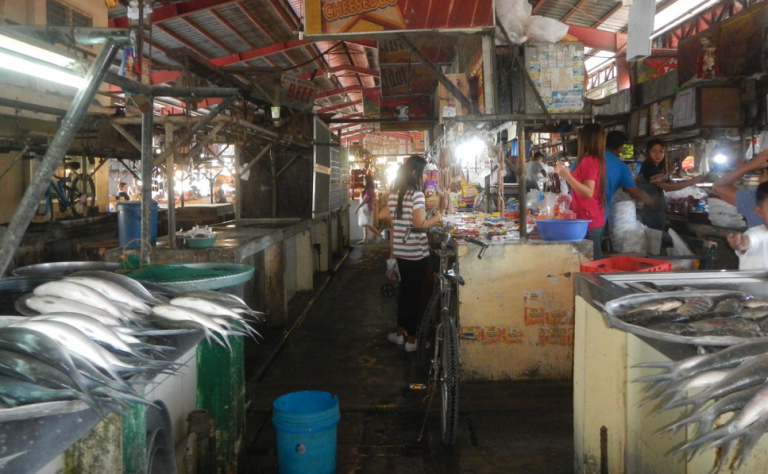
Research group IBON said that the apparently uncontrollable inflation is fast becoming a flashpoint of the administration’s economic mismanagement. High inflation is combining with rising interest rates, slowing remittances and failing exports to dampen economic growth. The administration is desperate for a short-term infrastructure stimulus to compensate for these, said the group, but a major growth slowdown could trigger a renewed debt and financial crisis.
IBON executive director Sonny Africa said that inflation remaining the highest in almost a decade and the worst in the region exposes the government’s short-sightedness in dealing with the problem of soaring prices.
“The government has been overly focused on reining in food prices particularly in Metro Manila to pre-empt rising unrest in the capital against the administration’s economic policies burdening the poor,” said Africa. “It has apparently been able to moderate food inflation in NCR which slowed from 9.2% in September to 7.8% in October. There are signs that the apparent focus on NCR has been at the expense of the regions where food inflation has remained high at 9.8% in October compared to 9.9% in September”, he said.
Africa noted that nevertheless, overall inflation remains high at 6.7% because inflationary pressures continue to work their way across other commodity groups particularly in housing, utilities and transport. Taken together with food these account for 76-84% of total household spending across low and high income groups, he observed. “While inflation has stayed the same at the national level, it has actually remained higher than the national average or even gotten worse in 13 out of the 16 regions outside of NCR,” Africa said.
He also noted that the Bangko Sentral ng Pilipinas (BSP) has already raised its policy rate four times this year, by 150 basis points to 4.5% as of September, and is widely expected to raise it further before the end of the year. Africa explained that the rising interest rates are designed to make borrowing more expensive and choke consumer and producer activity, which will tend to dampen economic growth.
Remittances are also slowing and only grew 2.5% in the first eight months of 2018 or at less than half the 5.4% growth in the same period in 2017, Africa further observed. Exports meanwhile continue to slacken and actually contracted by over 2.0 percent in the first eight months of the year.
“A growth slowdown will bring the problems of the country’s debt-dependent growth to the fore,” said Africa. “For instance, total outstanding government debt at a record Php7.1 trillion by August was equivalent to 42.5% of gross domestic product (GDP) as of end-June. Outstanding bank loans were similarly at a record Php8.2 trillion as of September. The foreign debt of the public and private sector was US$72.2 billion as of end-June, or 22.5% of GDP. Relatively rapid growth has been the main factor so far keeping various debt indicators manageable.”
Africa said that the government can take much more decisive measures to address inflation. He said that immediate measures include suspending the TRAIN law’s inflationary taxes especially on oil products and cracking down on overpricing of food, oil and other goods and services by implementing price controls. “The declining peso however can only be dealt with through long-term solutions such as the comprehensive development of domestic agriculture and Filipino industry,” Africa concluded. ###